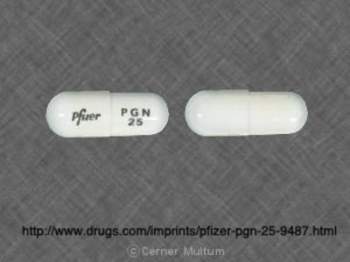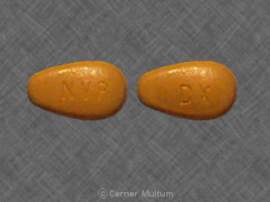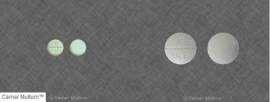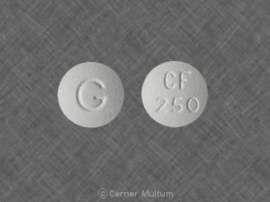
Lyrica Lawsuit

A Brief Guide to Filing a Lyrica Lawsuit:
What is Lyrica?
Lyrica utilizes Pregablin to relieve neuropathic pain (pain from damaged nerves that occurs in your hands, arms, fingers, legs, toes or feet if the patient has diabetes or in the area of a rash if the patient had shingles). Lyrica is also used to treat fibromyalgia (a long-lasting medical condition that causes pain, muscle fatigue, tenderness and stiffness). Lyrica may also be used with other medications to treat certain types of seizures in patients with epilepsy. Lyrica belongs to a class of medications called anticonvulsants; the drug is effective by decreasing the number of pain signals set out by damaged nerves in the body.
Lyrica Side Effects:
Lyrica side effects may occur regardless of dosage strength, frequency or adherence to intake instructions. Please inform your doctor if any of these Lyrica side effects are severe or persistent:
Common Lyrica side effects include: tiredness; nausea; constipation; elevated moods; dry mouth; headache; difficulty concentrating; confusion; difficulty remembering; lack of coordination; lack of balance; muscle twitching; weight gain; increased appetite; back pain and swelling of the hands, feet, arms, ankles or lower legs.
Other Lyrica side effects are classified as severe. If you experience these Lyrica side effects, please seek emergency medical help:
Serious Lyrica side effects include: blurred vision; hives; rash; itching; blisters; swelling of the face, throat, mouth, gums, tongue, lips, neck or head; shortness of breath; wheezing; muscle pain and chest pain.
Lyrica side effects may come in other forms. Please contact your doctor if you experience any abnormal reactions while using Lyrica.
Lyrica Lawsuit History and FDA Regulations:
The anti-epileptic medication, Lyrica, has been involved in a slew of controversial litigation. In 2009, for example, parent company Pfizer agreed to pay $2.3 billion to the Department of Justice for illegally promoting sales of a Lyrica dosage. This charge revolved around the fact that manufacturers urged doctors to prescribe Lyrica for so-called "off-label" use.
While there is nothing illegal with urging doctors to sell the drug for off-label uses--so long as physicians explain possible Lyrica side effects--Pfizer was actively advertising the medication for non-FDA approved purposes. The size of the settlement in this Lyrica lawsuit reflected the number of drugs involved and the scope of the illegal activity.
Currently, the FDA has not applied its strongest possible caution, known as a "black box warning," to be included with the prescription information that comes with a Lyrica dosage. In 2008, the FDA issued a general warning that Lyrica side effects included an increased risk of suicidal thoughts. This potential reaction to a Lyrica dosage is not exclusive to the drug. Such adverse responses have been noted in response to all antiepileptic medications.
Conceivably, a Lyrica lawsuit could be filed alleging that Pfizer failed to sufficiently caution users about potentially suicidal thoughts and fixations during a course of treatment. In practice, however, there are no reports of successful large-scale litigation regarding Lyrica side effects being resolved with a large settlement.
Another potential cause for a Lyrica lawsuit could be an angioedema allergic reaction. Patients who experience a sudden rash around their face or neck should seek immediate emergency treatment for such Lyrica side effects. Left untreated, this reaction to a Lyrica dosage can be fatal. The risk of these Lyrica side effects is warned against in the prescription information. However, it could be possible for an attorney to pursue a Lyrica lawsuit claiming that the risk of such developments was understated.
Evaluating the likelihood of legal success relating to the long-term effects of a Lyrica dosage can only be accomplished by a legal professional. Since no high-profile Lyrica lawsuit has been completed regarding adverse effects, there is no precedent for such cases.
Sources:
1. United States National Library of Medicine “Pregabalin” retrieved from:
http://www.ncbi.nlm.nih.gov/pubmedhealth/PMH0000327/
2. http://www.fda.gov/Safety/MedWatch/SafetyInformation/
Safety-RelatedDrugLabelingChanges/ucm154524.html
3. http://www.fda.gov/downloads/Drugs/GuidanceComplianceRegulatoryInformation/Guidances/UCM162465.pdf
4. http://www.accessdata.fda.gov/drugsatfda_docs/label/2012/021446s028lbl.pdf



















